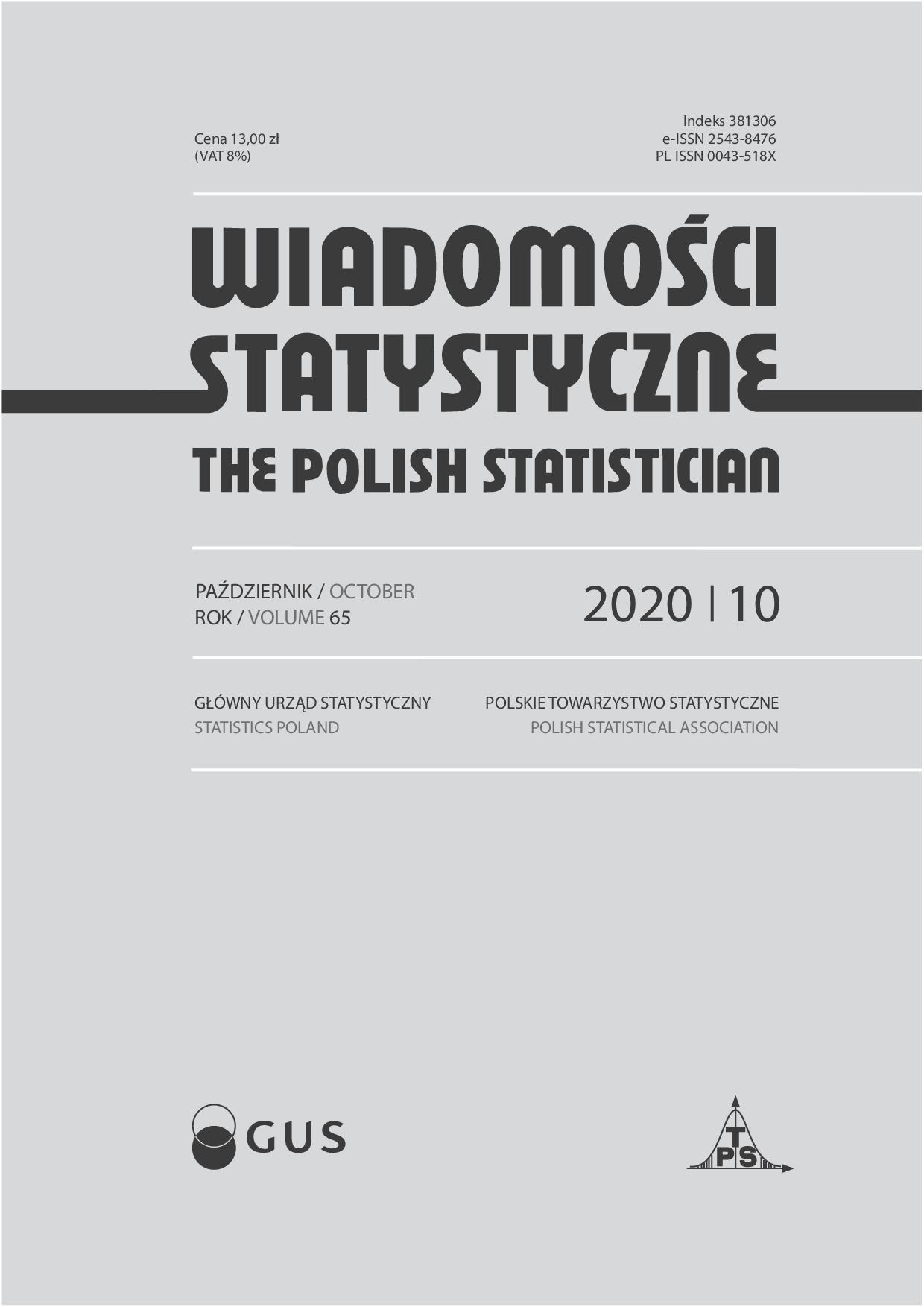Temporary part-time employment and future wages of male employees – a panel data analysis of the German labour market
Temporary part-time employment and future wages of male employees – a panel data analysis of the German labour market
Author(s): Piotr MatuszakSubject(s): Socio-Economic Research
Published by: Główny Urząd Statystyczny
Keywords: part-time employment; part-time wages effects; German labour market
Summary/Abstract: The aim of this study is to assess the relationship between temporary part-time employment and the wages male employees receive in subsequent full-time employment within the first five and the first ten years from the date of starting their full-time employment. The study uses data from the German labour market, obtained from the Socio-Economic Panel for the years 1984–2014. The fixed effects estimator, which solves the unobserved heterogeneity issue by removing time-invariant individual effects by a ‘within’ transformation, was applied in the empirical analysis. The results indicate that having experience as a part-time worker is associated with lower future wages – a one-year increase in the number of years in part-time work in the last two to five years leads to a reduction in future wages in a full-time job by 4.4% on average, compared to having solely a full-time job experience. However, this relationship becomes statistically insignificant after five years of being employed full-time. The results are robust to different specifications and it is indicated that an inverse relationship between working below regular hours and future wages in full-time employment is related to working part-time in low- and medium-skilled occupations. At the same time, working part-time is less detrimental to future wages than periods of unemployment.
Journal: Wiadomości Statystyczne. The Polish Statistician
- Issue Year: 65/2020
- Issue No: 10
- Page Range: 7-23
- Page Count: 17
- Language: English

